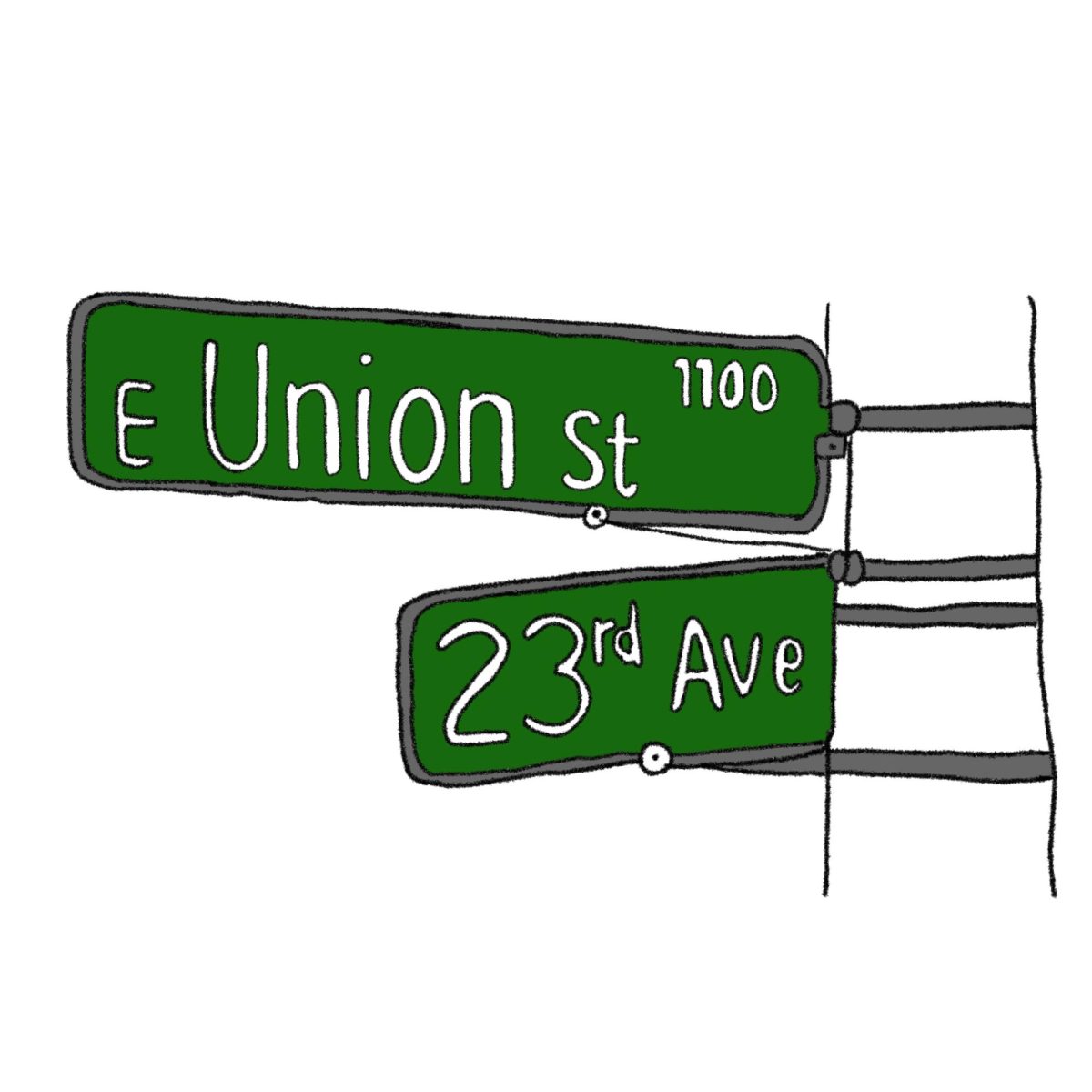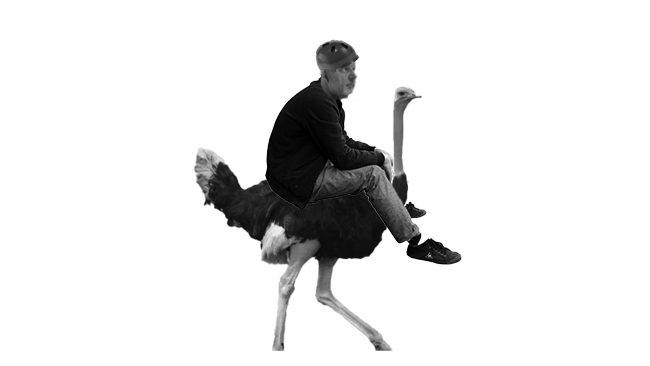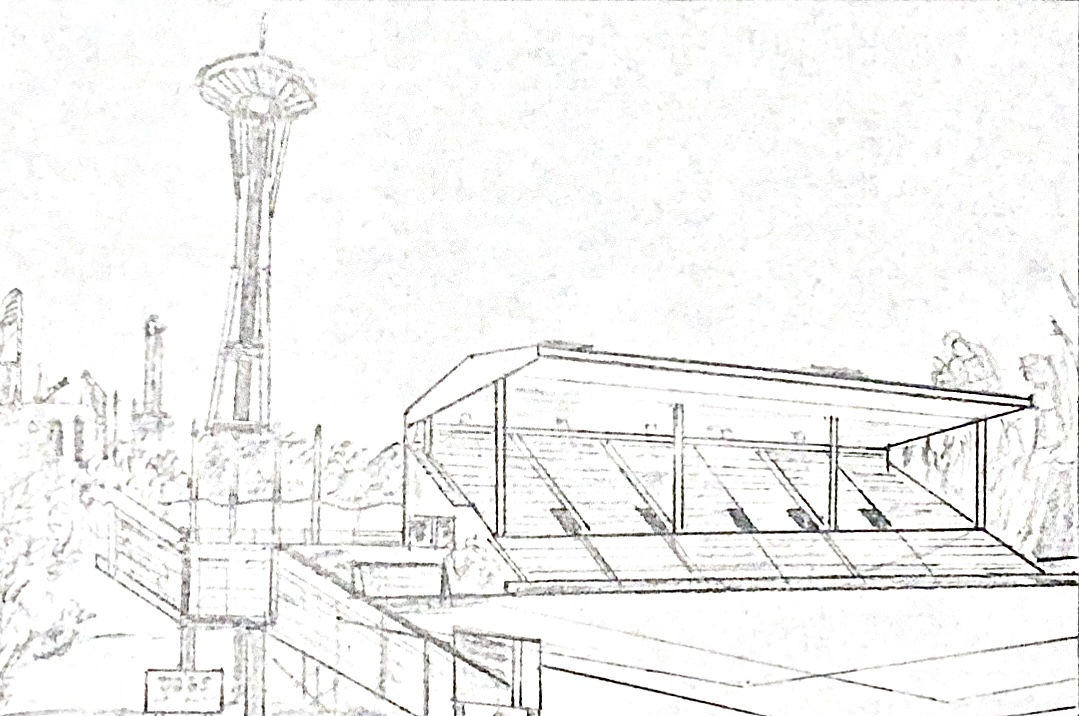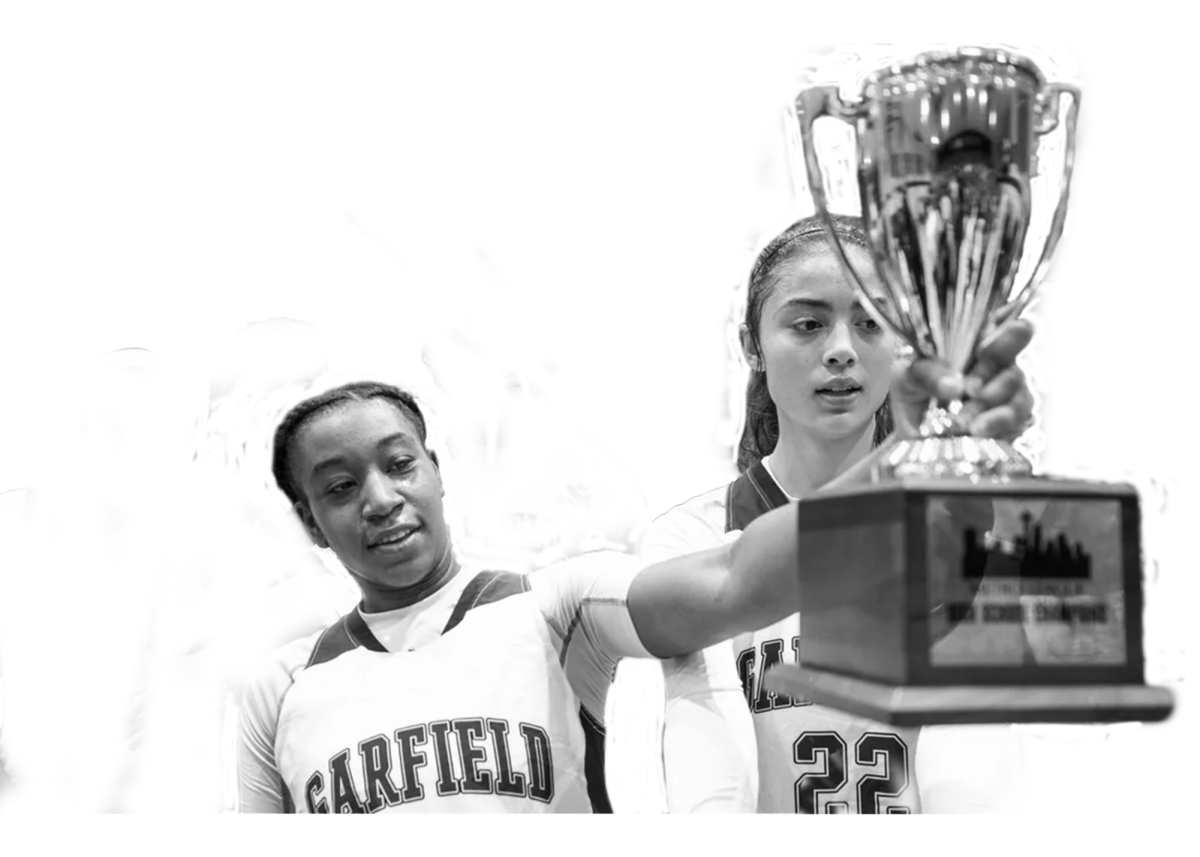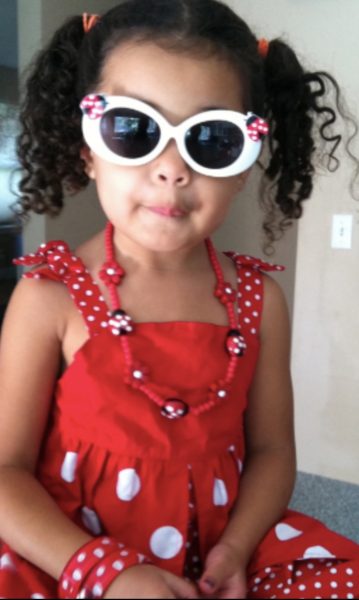For many athletes, strenuous preparation and attention to detail are key for them to feel confident in their sport. Countless hours spent training can unfortunately be accompanied by injuries, which can alter an athlete’s trajectory momentously. Beyond the physiological effects, injuries can take a serious toll on a person’s mental health.
Wren McIntosh, a senior at Garfield High School, has experienced these setbacks firsthand. She has played almost every sport, including cross country, track, swim, basketball, and many others. With all of these on her plate, she has endured some serious injuries. “I got two stress fractures in my legs freshman year, and it put me out for pretty much the rest of the year…later in the year I tore my plantar fascia which put me in a boot for a long time,” McIntosh said. This led to her being out for the entire summer– she wasn’t able to run, hike, or do any activities that put stress on her ankle. “I wasn’t fully able to fully start my high school sports career until halfway through my sophomore year,” McIntosh said. This put her very behind her peers athletically because she was not able to participate in sports.
Additionally, athletes face mental health issues following injuries. They are not able to participate in the things they love to do, or even everyday things like walking or going up the stairs. Seeing others do what they want to do can be extremely painful. “I wasn’t able to do normal activities like walking up the stairs without pain, it’s discouraging because I could do all these athletic things and then I couldn’t walk without being in pain,” McIntosh said. It really puts things into perspective when someone is not able to do normal activities let alone their own sport. Discouraging feelings and self-doubt affect athletes’ self-worth inside and outside of their sport
Athletes who face long-term injuries have to find other hobbies or activities to do in the meanwhile. “If people associate you with sports and you can’t do that anymore, you have to find out who you are outside of sports,” McIntosh said. She was led down another path after being out for so long. “For me I found photography, which turned out to be a blessing in disguise because if I had never gotten injured I would have never figured out that I love photography,” McIntosh said. In this case, her injury worked out for the better. If not for her boot, she would have never found her love for the camera.
Although injuries can feel extremely discouraging, they are not necessarily the end of an athlete’s career. Rather, it could just mean finding a new path or repaving the steps to getting back on track.



